Reasons for Swelling Under Eyes | Causes & Treatment Tips
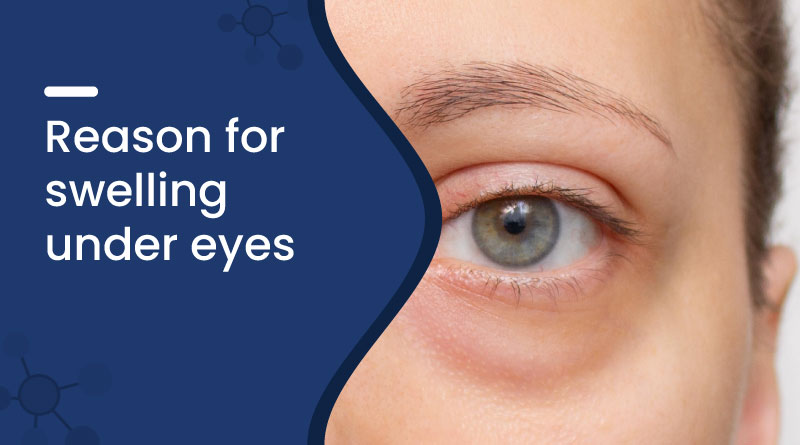

Swelling under the eyes is a common concern that affects people of all ages. While often harmless, it can sometimes signal underlying health or lifestyle issues. From fatigue and allergies to dietary choices, several factors may contribute. Understanding the reasons behind puffy eyes helps in managing them better and knowing when medical advice is necessary. With the right care and preventive steps, swelling under the eyes can often be reduced or avoided.
What is Unusual Swelling Under the Eyes?
Mild puffiness around the eyes is usually temporary and harmless, especially after waking up. However, unusual or persistent swelling may indicate allergies, infections, or underlying health conditions. This type of swelling often appears with redness, pain, excessive tearing, or vision changes. If symptoms do not improve with home care, consulting a doctor becomes essential to rule out serious causes.
Common Causes of Swelling Under the Eyes
-
Lack of Sleep and Fatigue: Not sleeping well is one of the key factors that lead to puffiness around the eyes. When the body does not get adequate rest, blood circulation slows down, causing fluid buildup under the eyes. This not only leads to swelling but also makes the skin look dull and tired.
-
Allergies and Sinus Issues: Allergic reactions can trigger itching, redness, and fluid retention around the eyes. Seasonal allergies, dust, or certain foods may cause swelling due to histamine release. Similarly, sinus infections or congestion can block normal drainage, creating puffiness, heaviness, and tenderness under the eyes.
-
Fluid Retention and Dehydration: When the body lacks hydration, it retains water, often causing puffiness beneath the eyes. Fluid retention can also be influenced by factors like hot weather, hormonal fluctuations, or sitting for long hours. Maintaining proper hydration helps balance fluid levels and reduce puffiness.
-
Aging and Skin Changes: With age, the muscles and tissues around the eyes naturally weaken. Fat deposits shift, and the skin loses elasticity, making under-eye swelling and sagging more noticeable. Fine lines and dark circles may also accompany this change, contributing to an aged appearance.
-
Excessive Salt Intake: Consuming too much salty or processed food leads to water retention in the body. This effect is particularly visible in delicate areas such as under the eyes. Reducing sodium intake can significantly minimize puffiness.
-
Hormonal Changes: Fluctuations in hormone levels, especially during menstruation, pregnancy, or menopause, can lead to water retention and puffiness around the eyes. These changes are temporary but can make swelling more prominent during certain phases.
-
Eye Strain from Screens: Spending long hours on phones, laptops, or TVs strains the eye muscles. Prolonged screen time can cause dryness, fatigue, and puffiness under the eyes, often accompanied by dark circles. Taking regular breaks helps reduce this effect.
-
Lifestyle Factors: Smoking and Alcohol: Smoking speeds up skin aging, reduces collagen strength, and promotes fluid buildup, leading to puffiness. Similarly, heavy alcohol use dehydrates the body, causing under-eye swelling and tired-looking skin. Cutting back on these habits benefits both skin and overall health.
-
Medical Conditions Linked to Eye Swelling: Sometimes, persistent puffiness is not just a cosmetic concern but a sign of underlying health conditions. Issues like thyroid disorders, kidney problems, or infections can cause swelling around the eyes. Consulting a doctor is crucial in these cases to determine and manage the underlying reason.
Simple Home Remedies to Reduce Swelling Under the Eyes
-
Cold Compress – Applying a chilled spoon, cucumber slices, or an ice pack helps reduce puffiness.
-
Tea Bags – Cooled green or black tea bags reduce swelling due to their anti-inflammatory properties.
-
Elevate Your Head While Sleeping – This prevents fluid from pooling under the eyes overnight.
-
Hydration – Drinking enough water flushes out excess salt and reduces puffiness.
-
Aloe Vera Gel – Its soothing properties calm irritated skin and reduce mild swelling.
Prevention Tips for Under-Eye Swelling
-
Maintain a regular sleep schedule of 7–8 hours.
-
Limit your intake of salt and packaged foods to avoid excess water retention.
-
Stay hydrated throughout the day.
-
Use sunscreen and sunglasses to protect delicate under-eye skin.
-
Manage allergies with medical guidance to prevent flare-ups.
-
Avoid rubbing your eyes frequently to prevent irritation.
Conclusion
Swelling under the eyes is usually a minor concern, but it can sometimes indicate deeper health or lifestyle issues. With proper sleep, hydration, a balanced diet, and simple home remedies, puffiness can often be managed. However, if swelling is persistent or accompanied by other symptoms, seeking medical advice ensures timely care and prevents potential complications.
Frequently Asked Questions (FAQs)
Q. What causes swelling under the eyes?
A. Swelling under the eyes can result from lack of sleep, allergies, sinus issues, fluid retention, aging, lifestyle habits, or medical conditions. Identifying the exact cause helps manage puffiness effectively.
Q. When should I worry about swelling under my eyes?
A. If swelling is sudden, severe, painful, or associated with redness, vision problems, or persistent puffiness despite lifestyle changes, it’s important to seek medical advice for proper evaluation and treatment.
Q. Can dehydration cause swelling under the eyes?
A. Yes, dehydration can trigger fluid imbalance, causing the body to retain water. Water retention commonly shows up as under-eye puffiness, but staying well-hydrated can help reduce and prevent this swelling.
Q. How can I quickly reduce swelling under my eyes?
A. Using cold compresses, cucumber slices, or refrigerated tea bags provides quick relief from under-eye puffiness. Resting properly and staying hydrated also help in easing under-eye swelling effectively.
Q. Can massage help reduce swelling under the eyes?
A. Yes, gentle under-eye massage improves circulation, drains excess fluid, and reduces puffiness. Use light pressure with fingertips or a jade roller to stimulate blood flow and minimize swelling.
Sodium Lauryl Ether Sulphate + Sodium Lauryl Sulphate + Cocobetaine + Sodium Chloride + Aloe Vera + Tea Tree Oil + Glycerin + Coco Diethylamine + Vitamin E
60 ml In 1 Tube
Aloe Vera + Stearic Acid + Glycerin + Cetostearyl Alcohol + Light Liquid Paraffin + Bees Wax + Cetomacrogol 1000 + Polyethylene Glycol-400 + Vitamin E Acetate
60 gm In 1 Tube
Recent Blogs
Disclaimer : Zeelab Pharmacy provides health information for knowledge only. Do not self-medicate. Always consult a qualified doctor before starting, stopping, or changing any medicine or treatment.

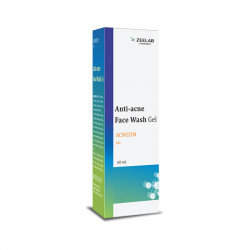
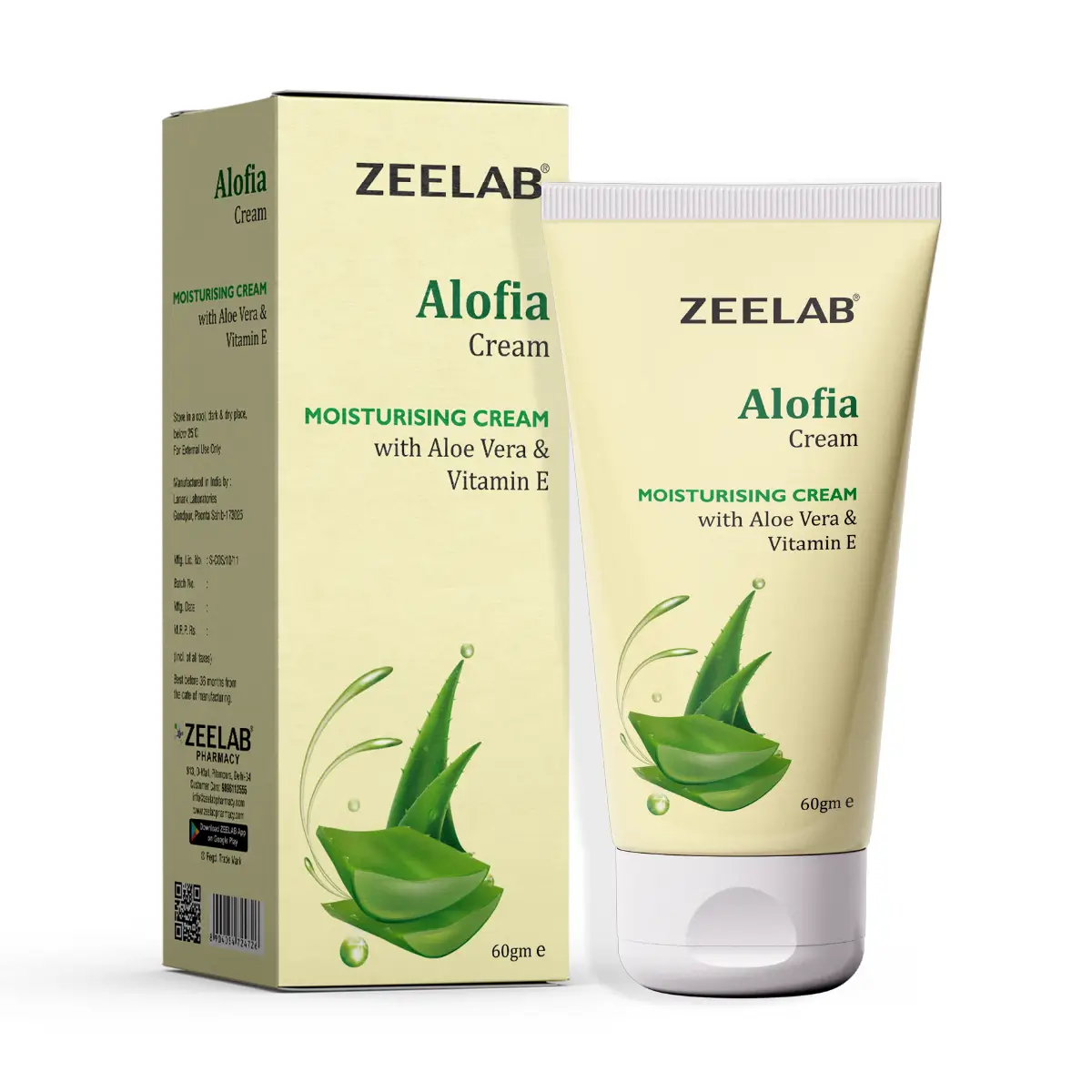
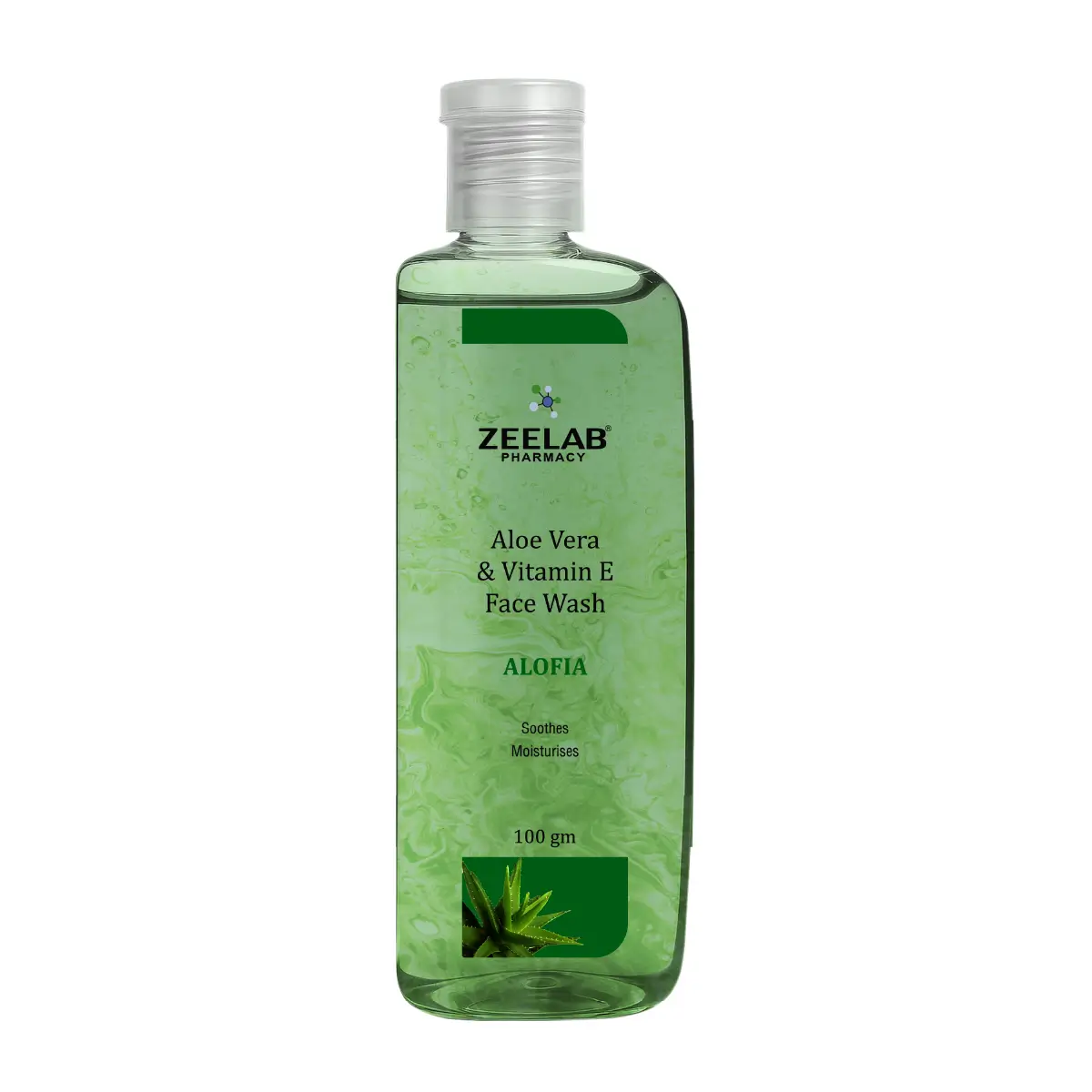
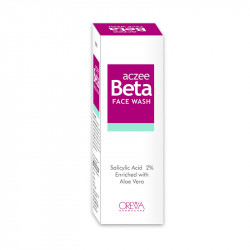
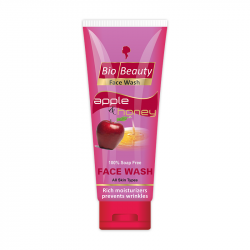





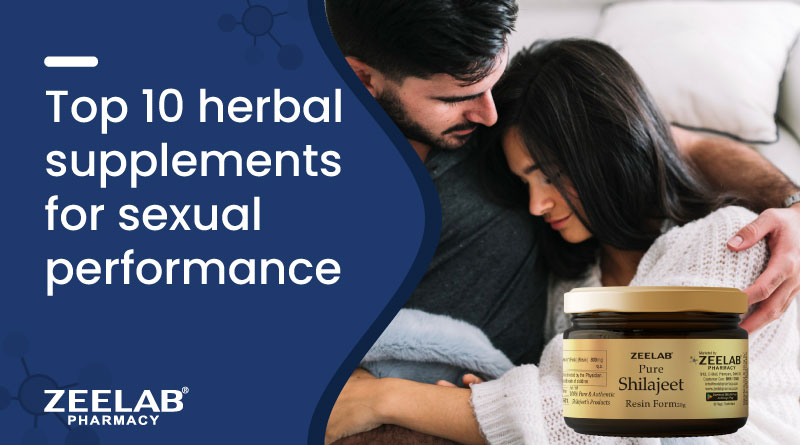









 Added!
Added!